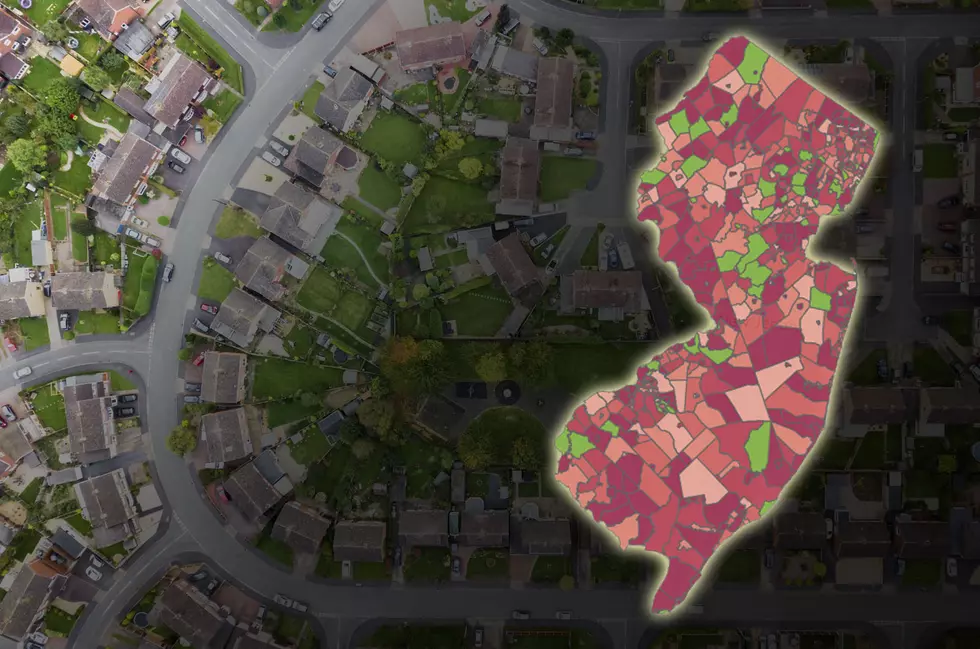
Could this study finally help NJ cut property taxes?
TRENTON — State lawmakers want to hire Rutgers University researchers to study efficiency and scaling in the delivery of local government services – but first have to narrow their ambitions, which are bigger than their wallet.

With an election-year eye on reducing property taxes, a proposal that has begun getting attention would have the Edward J. Bloustein School of Planning and Public Policy study what the most efficient scale for delivering services in more than a half-dozen areas.
Those areas include municipal courts, construction code enforcement, fire code enforcement, municipal and county health services, property tax assessments, public works, emergency services such as police, fire and emergency medical response and maybe more.
They’d have a year to get it done and be provided $30,000.
“While we appreciate the intention and opportunity, I can assuredly tell you that all the work being requested could not be accomplished for $30,000,” said Marc Pfeiffer, assistant director of the Bloustein Local Government Research Center.
“A better first step would be an assessment of what services may be suitable for such a study, but we would first recommend that the effort be part of a comprehensive approach to the field,” he said.
The idea is similar to one from the Path to Progress report of two years ago. Pfeiffer said past attempts to come up with service delivery efficiency metrics haven’t succeeded and haven’t found good examples from elsewhere, in part because of inconsistent and unavailable data.
“Our research found that the notion of studying scale of municipal services is a very difficult and daunting one,” Pfeiffer said. “It’s because of the scope of local government services in 565 different places, each with its own needs for services, driven by diverse populations, historical patterns, geographic cost differences like urban vs. rural and how local decisions are made about service needs.”
Assemblywoman Shavonda Sumter, D-Passaic, said the bill will be retooled and brought back to the Assembly Community Development and Affairs Committee soon. She said the post-pandemic recovery will be made more difficult with more than 500 municipal codes and regulations for development.
“The dollar amount was too low, and we really want to try to narrow the focus so we can be effective and not just stamp something to say we got it done it done that won’t be effective,” Sumter said.

Christopher Emigholz, vice president of government affairs for the New Jersey Business and Industry Association, said it’s disappointing that more hasn’t happened yet from the Path to Progress study.
“A big chunk of our property taxes are paid by businesses, and many of the taxation complaints that we hear from our business members and that make our business climate difficult is the high property taxes that everybody in our state is dealing with,” Emigholz said. “And so, anything we can do to lower that would be a good thing.”
Emigholz said it’s about not just “cutting taxes, which we do need to do, but it’s about how do we efficiently put money into things that we know are more valuable than wasting it on government excess. I think we do have some of that in the state. And some places we don’t have it. And a study is great to get to the bottom of that and learn more.”
Contact author Michael Symons at michael.symons@townsquaremedia.com.
Make your own easy hot chocolate bombs
More From Cat Country 107.3










